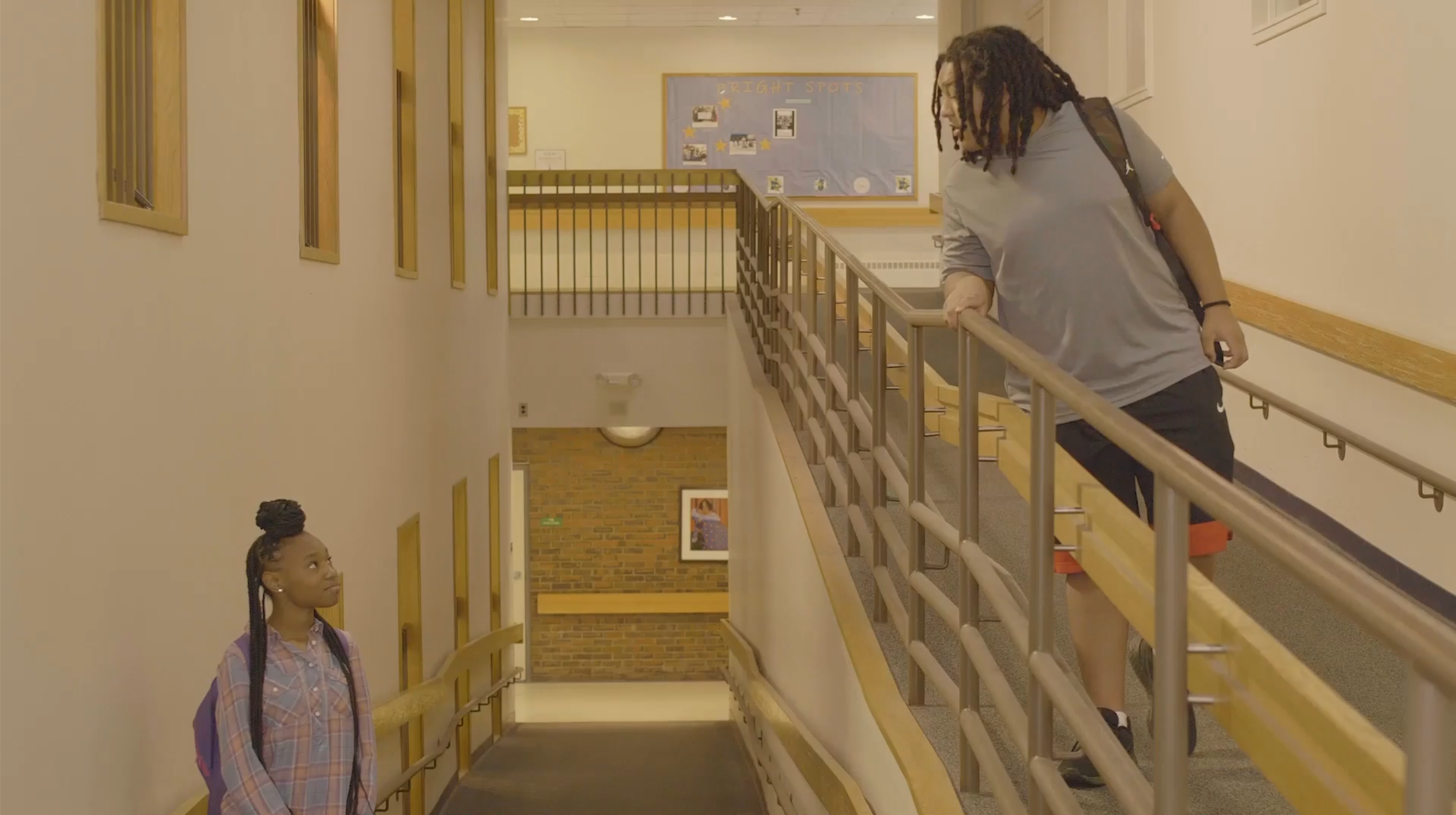
Introduction
Asking someone out can be an exciting yet nerve-wracking experience for anyone, particularly for students in special education. As educators, it is essential to support our students in developing their social skills and understanding the nuances of interpersonal relationships. This blog post will outline an easy-to-follow activity, discussion questions, and related skills to help students build their confidence and competence in asking someone out while incorporating principles of Social-Emotional Learning.
No-Prep Activity: Role-Playing Scenarios
This activity requires no preparation or materials from the educator and can be conducted with students in a classroom setting. Begin by pairing students up and providing each pair with a scenario related to asking someone out. Scenarios can include:
- Asking someone out for a one-on-one date
- Inviting someone to a group event
- Responding to a rejection
- Accepting an invitation to a date
Allow students to take turns playing both roles within the scenario, giving them the opportunity to practice their verbal communication skills, body language, and listening abilities. Encourage students to provide each other with constructive feedback and to reflect on their experiences during the activity. This role-playing exercise enables students to develop their social skills in a safe and supportive environment.
Discussion Questions
- What are some important factors to consider when asking someone out on a date?
- Why is it essential to be clear and specific in your invitation?
- How can you handle rejection in a respectful and mature way?
- What are some strategies you can use to feel more comfortable when asking someone out?
- Why is it important to be open and flexible to the other person’s preferences and suggestions?
Related Skills
Beyond the skill of asking someone out, there are several other related skills students should develop to improve their overall social competence. These include:
- Active listening
- Empathy and understanding
- Effective communication
- Assertiveness
- Conflict resolution
These skills, in combination with the ability to ask someone out, contribute to a student’s overall growth in Social-Emotional Learning and their ability to build strong and healthy relationships.
Next Steps
Now that you have learned about teaching students in special education the skill of asking someone out, consider exploring more resources to support your students’ growth in Social-Emotional Learning. Sign up for free samples of various skill-building materials at Everyday Speech. These resources will provide you with additional activities, strategies, and tools to further support your students in their journey towards improved social competence and emotional understanding.

